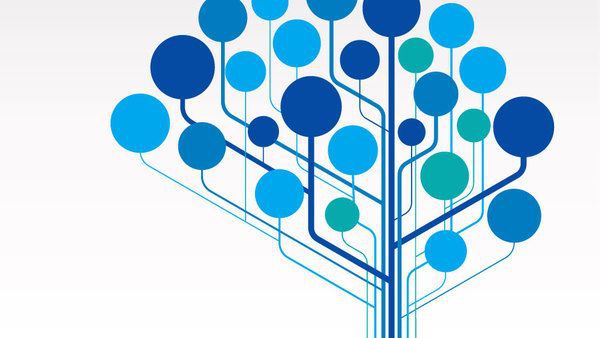Organizations vary in their structure and the structure is decided by the type of business an organization is involved in, leadership style of the founder, owner etc.
In this article we will look at what the differences between centralised organization and decentralised organization are.
What is A centralized organization?
A centralised organization is one where core important decisions are taken by those at a higher level of authority. All important decisions are routed through this channel and are taken by those who are in a position to look at things from a broader perspective and have gained a lot of knowledge and experience over the years. After the decision is taken, it is communicated to the lower level employees who are expected to follow the orders.
This kind of a structure depends heavily on certain key people to conceptualise and implement certain key decisions. This needn’t mean that there is just one person making all the decisions in the organization. People at different levels are authorised but, unlike decentralised organizations, there is less team based decision making and more of individual decision making.
To read more on centralized organizations, please click here.
What is a Decentralized Organization?
A decentralised organization, as the name suggests, is one where the decision making authority is not solely in the hands of a particular group or figure but with multiple people at multiple levels of the hierarchy.
In this type of an organization, most of the decisions are made by middle level or lower level employees rather than being made by the top management, as is the case with centralised organizations.
To read more on Decentralized organization, click here.
The designations and hierarchy in both centralised and decentralised organizations might be the same but the levels at which decisions are taken differ greatly.
A major point of difference between centralized organization and decentralized organization is the direction in which the flow of information happens.
- In a centralised organization, there is a presence of vertical flow of information. The orders come from the senior management and follows a top to bottom approach and the junior and middle management report to the seniors thereby creating a down to up flow of information.
- In a decentralised organization, there is vertical and horizontal flow of information. Senior management, middle management and the junior management are all connected to each other. There is also free flow of information between employees in a particular level of management
- Centralised organizations are best fit for companies of a smaller size. The central figure of authority is then able to make better and more well informed decisions. This is also fit for boutique consulting firms etc.
- A decentralised model is best suited for huge multinationals that operate in many countries and have diversified employees to manage and varied rules and regulations to adhere to.
- The environment of a company and is sustenance is mostly stable in centralised organisations since the decisions are taken by a central authority which are consistent with each other.
- A decentralised organization is more prone to instability and uncertainty. Decisions taken in a decentralised organization are not always in sync because they are taken by different centres of power that do not always think and act alike. There is also a lot of scope for personal bias to creep in, in decentralised organizations since employees can put their personal interest before that of an organization.
- Middle & lower management in a centralised company are not used to decision making and would rather be decision followers rather than decision makers.
- Middle and lower management are more skilled and equipped at decision making in a decentralised organization because they have the experience of decision making. They are also more innovative and can think out of the box. The scenario is not the same in a centralised organization.
- The main outcome or objective of a centralised organization is that the whole burden falls on the shoulders of a particular body.
- The objective of a decentralised system is that the burden is shared.
The above are the major differences between centralized and decentralized organizations. No single method is perfect. Depending on the type and scale of the company, the type of organization and its structure can be decided.
Liked this post? Check out the complete series on Organizational Management
